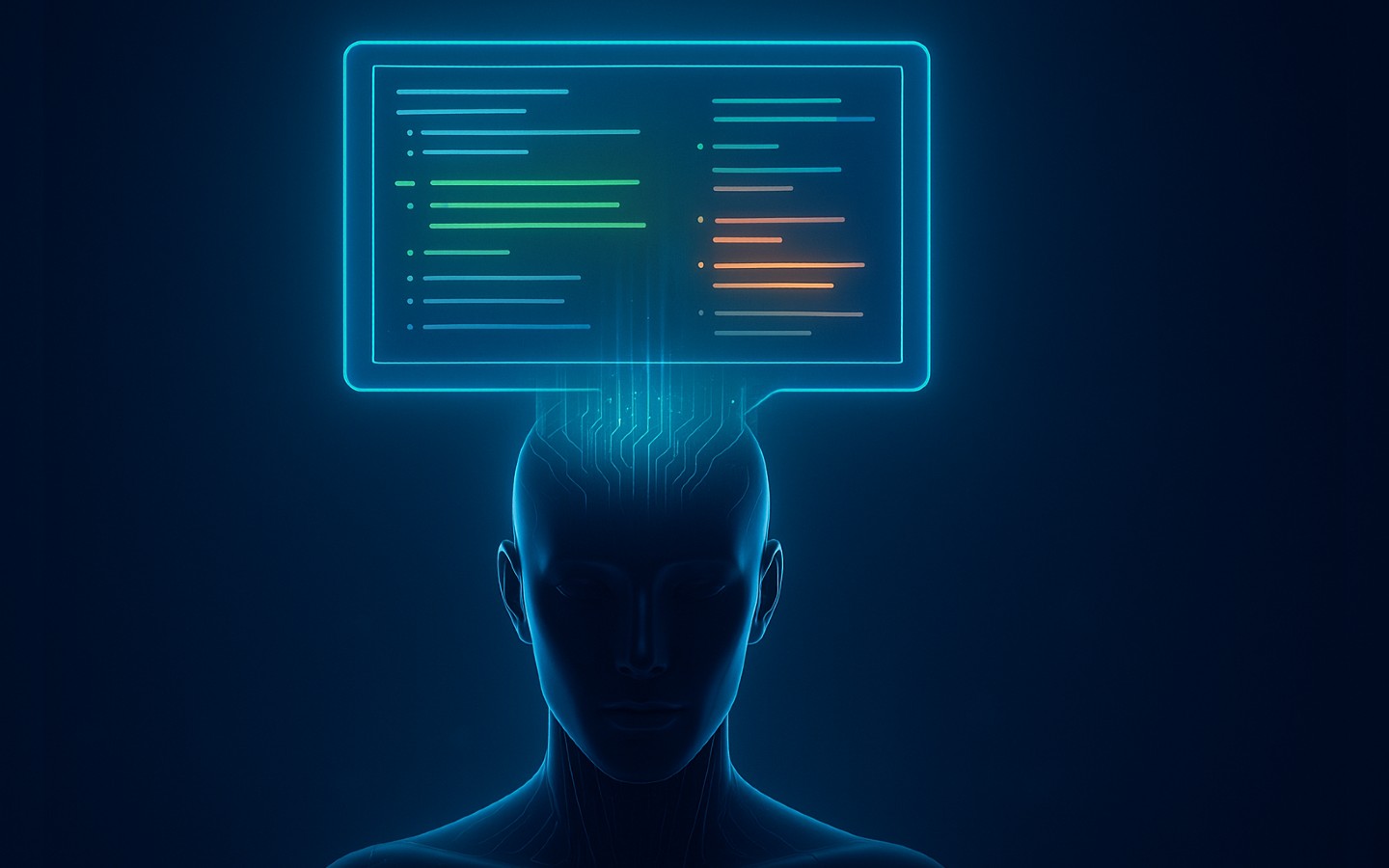
Open Eye Chat GPT is entering the browser world with the launch of Atlas, an AI-enabled browser.
Atlas, now available globally, can be accessed through Apple’s macOS, with support for Windows, iOS and Android coming soon. The announcement comes after months of rumors in July that OpenAI would release a web browser that would challenge its dominance. GoogleChrome
a Live streamCEO Sam Altman said he hopes Atlas will help usher in a new way of interacting with and using the Web, where people chat with a browser instead of typing in URLs.
“We think AI represents a once-in-a-lifetime opportunity to rethink what a browser can be and how it can be used, and how the web can be used in the most productive and enjoyable ways,” Altman said. “Tabs were great, but we haven’t seen a lot of innovation since then, so we got really excited to consider what it could be.”
Atlas aims to offer users a more seamless way to browse the web and ask questions of chat agents. It invites users to either search for information by prompt or query, or simply type in a URL.
Part of Atlas’ value proposition is the ability to make calls For agents to work directly in the browser. However, the agents will only be available for ChatGPT Business, Plus and Pro users.
Users can download the atlas from its dedicated Sitebut must be logged into their ChatGPT account to start using it.
Chatting with the browser about your memories
Atlas differentiates itself from browsers like Chrome or the like appleSafari with its chat feature. The home page is basically ChatGPT, with a prompt box and several suggested questions. During the livestream, Openei said that the more people use Atlas, the more personalized the recommendations will be.
Chatbox follows the user, which means people can chat with ChatGPT on any website. The model will read what is on the browser and answer the user’s questions.
When you first open Atlas, it prompts you to import data from other browsers you’re using. When I set mine up, it only asked me for Chrome or Safari, the two browsers I primarily use. Importing browser data creates a memory base for the atlas that ChatGPT will reference. So far, Atlas memory is hit or miss. I attached my Chrome history, and when I asked about a recent travel destination search I did (and have been searching every day for a month), Atlas claimed I had never searched for that information.
In-browser chat also reduces the copy-pasting that users often use when writing e-mail, say. People can open their Gmail, then ask ChatGPT in the browser to help clean up the message. Of course, Gmail or any other Google Workspace product already offers that Gemini driven abilitiessuch as email rewriting.
OpenAI’s CEO of Applications, Fudji Simu said in a Blog post That users can toggle browser memory on or off and control what they see.
Agent mode on the browser
Over the past few months, Openei has expanded its agent infrastructure in anticipation that individuals and businesses will increasingly rely on agents.
Agents on Atlas can use a browser if a task needs to be completed. For example, you can look at a recipe and ask the chat to create a grocery list. The agent can then start shopping at your preferred grocery site. Openai has already added Buy button on chatgpt And proposed an agent commerce protocol, which could be helpful for Atlas. However, during the demo, the Openei staff chose not to proceed with the agent purchasing the product.
Having an agent directly in the browser is a step beyond point A, where the browser uses an agent in Chrome. Ideally, it already knows what you’re looking at and has the browser to access and execute it.
A new browser war
More and more people use AI models and chat platforms Web searchesthe launch of AI-enabled browsers has become another battleground for model providers. Of course, as Chrome has become more popular, it has gradually added AI capabilities thanks to Google’s Gemini models. Google is also experimenting with other AI-powered search capabilities, such as Generative Image Search. But, companies like it troublewith it Comet Browserhoping to compete with Chrome. Operaa longtime Chrome competitor, also positioned itself as an AI-powered browser by embedding AI features into its platform.
For some, Atlas represents a brand new way to use a web browser.
However, many pointed out that the Atlas doesn’t exactly reinvent the wheel, as it shares some features with the Comet.
What’s interesting about Atlas is how familiar it is. It looks just like ChatGPT, but also has tabs like Chrome.
Openei emphasized that this is the first version of the Atlas, indicating that it may not be its final form. What’s certain is that Atlas AI is Openei’s first volley in the browser wars.

